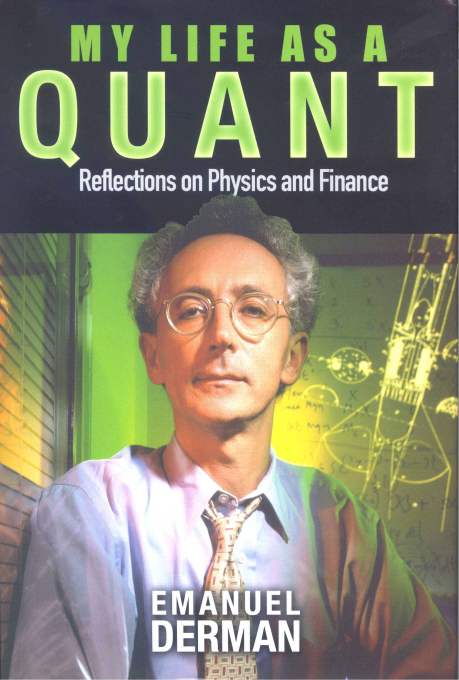
Another visiting postdoc, Predrag Cvitanović, lingered in my mind for years afterwards as someone who seemed to do exactly what he liked, and liked what he did. He was a darkly handsome Croatian who had left Yugoslavia for the United States when he was a teenager. Predrag always spoke as though he had lived a life of enviable independence, free of other people's conventions. He went cycling around the United Kingdom, danced in Oxford night clubs, and acted in a production of Blake's "Songs of Innocence and Experience" that I watched at the University Parks one evening. He wore tobacco-colored Adidas sneakers and blue denim farmer's dungarees over a checked shirt. When his mother visited him briefly, he spoke about her as though she were just another of his funloving acquaintances. I was always a little awed by his apparent selfsufficiency. I recall suffering his scorn once at a very-Oxford garden party. I had uttered some sentence that contained the phrases "my wife" and "my car," and Predrag issued a loud denunciation of people in the world who went around talking about "my this and my that." I accepted his display of extreme independence at face value, never asking about the difficulties that must have led to it. James Gleick, in his book Chaos: Making a New Science, mentions that at precisely the time I knew him, Predrag was working on an aspect of chaos theory that was critical to Mitchell Feigenbaum's subsequent breakthrough in the field. Gleick writes that Predrag was so captivated by the field that he chose to work on it without telling anyone that he was doing so, even though he had been hired to do particle theory. Particle physicists, the ultimate reductionists, might well have looked down on chaos theory, a field that ostensibly had nothing to do with the fundamental nature of matter and could have been invented fifty years earlier. When our son Joshua was born in 1977, shortly before we left Oxford for New York, Predrag brought over a bottle of wine to celebrate, and that was the last time I saw him at any length. I ran into him once more in 1984, shortly after the birth of our daughter Sonya, when I was pushing her in a stroller near the Great Lawn in Central Park. I always remembered him as someone who seemed to be captain of his fate.